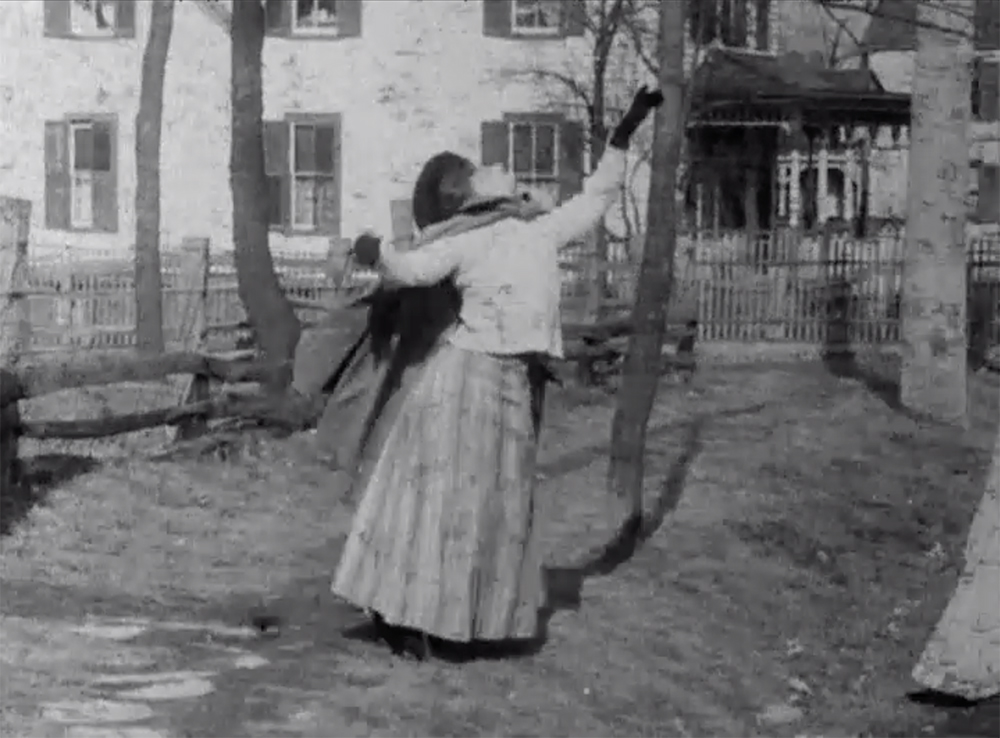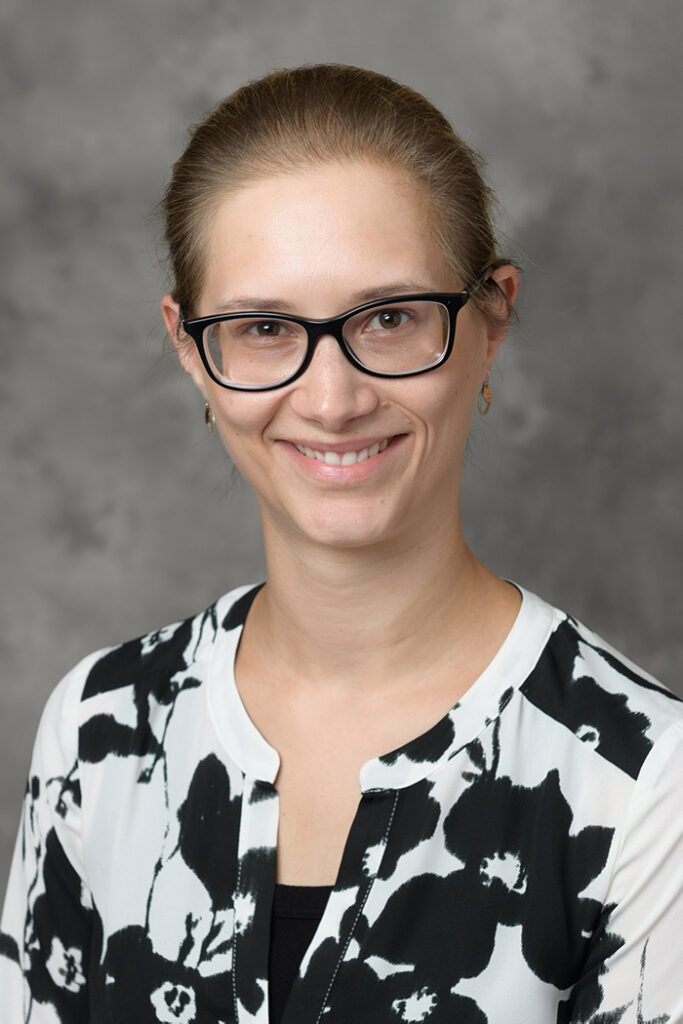< Program < ROUNDTABLE NO. 2: Case Studies from the Media Ecology Project and Tribute to Paul Spehr

Francois Delsarte and his prescriptive system for movement expression had a powerful influence on 19th century theatrical performance. The disciples of his system for codifying gestural meaning and cultivating an “expressive” body (Ruyter xvii) brought the work to the United States, and this American Delsartism profoundly influenced the physical training of middle- and upper-class American women; dancers like Isadora Duncan, Ruth St. Denis, and Ted Shawn; and actors in the early 1900s, including Mary Pickford and Florence Lawrence. Existing research argues for the performative influence of Delsartism in shaping the progression of performance norms in early cinema (Pearson, Brewster & Jacobs, Preston, Mayer). This paper will investigate the manifestations of American Delsartism on Lawrence’s performance aesthetics through close analysis of their movements in relation to Delsarte’s theories of expressivity in films produced while Lawrence was working at Biograph (1908-1909). First Lawrence, then Pickford, were recognized by audiences as the “Biograph Girl.” What was it about Lawrence’s performance, in particular, that drew audiences’ attention? Delsarte’s system also links gestural expressivity with elocution, so how did the remnants of his technique translate to acting conventions of early cinema?
Such close analysis is possible thanks to digital access of sixty films featuring Lawrence through the Media Ecology Project. MEP’s integration with the time-based annotation infrastructures from Mediathread and the Semantic Annotation Tool facilitates the documentation of such granular analysis. The author’s training in Laban/Bartenieff Movement Studies adds rigor to this study of Delsarte’s patterns, thanks to Laban Movement Analysis’ movement taxonomy which provides both quantitative and qualitative structures to analyze figure movement. This work will provide a clearer understanding of the relationship between American Delsartism, gestural meaning in film, and the development of performance conventions in early cinema.
Jenny Oyallon-Koloski (University of Illinois at Urbana-Champaign)

Jenny Oyallon-Koloski is an assistant professor of Media and Cinema Studies at the University of Illinois at Urbana–Champaign and a Certified Movement Analyst in Laban/Bartenieff Movement Studies. Her current book project explores the storytelling power of figure movement and dance in French and American film musicals. She serves as the co-director of the movement visualization lab (mvlab.org) and as the movement analysis specialist for the Media Ecology Project (Mark Williams and John P. Bell, PIs, Dartmouth College).
